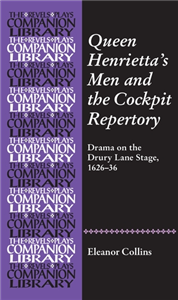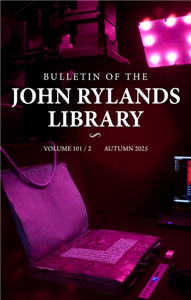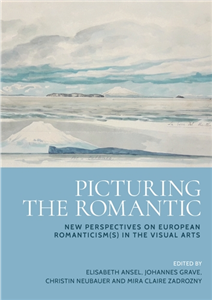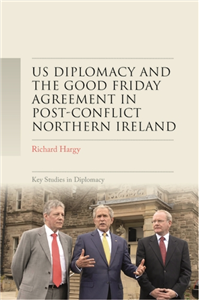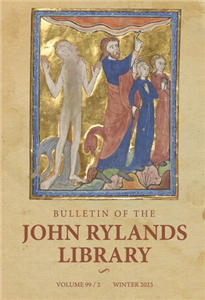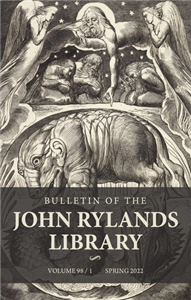John Wiley & Sons, Inc.
Wiley helps people and organizations develop the skills and knowledge they need to succeed. Our online scientific, technical, medical, and scholarly journals, combined with our digital learning, assessment and certification solutions help universities, learned societies, businesses, governments and individuals increase the academic and professional impact of their work. For more than 200 years, we have delivered consistent performance to our stakeholders. Research Our Research business provides scientific, technical, medical, and scholarly journals as well as related content and services, for academic, corporate, and government libraries, learned societies, and individual researchers and professionals. Through Wiley Online Library we provide online access to a broad range of content from over 1,600 journals and 9,000+ books, including many reference works and databases. Wiley is the world's largest society publisher, partnering with 900+ learned societies worldwide, and helping to advance their missions. A transformational part of our Research business is Atypon, a publishing-software and service provider, who Wiley acquired in 2016. Atypon's Literatum platform hosts nearly 9,000 journals, 13 million journal articles, and more than 1,800 publication web sites for over 1500 societies and publishers. Publishing Our Publishing business provides scientific, professional development, and education books and related content, as well as test preparation services and course workflow tools, to libraries, corporations, students, professionals, and researchers. Our educational materials are available in all media, notably through WileyPLUS, our integrated online suite of teaching and learning resources. Solutions Our Workplace Learning Solutions business creates products and assessment services geared toward organizational and professional development. By bringing the ideas and best practices of thought leaders to life, we help people achieve career success and build better workplaces worldwide. Our premium solutions include Everything DiSC®, The Five Behaviors of a Cohesive TeamTM, The Leadership Challenge®, CrossKnowledge, and PXT SelectTM.
View Rights Portal








